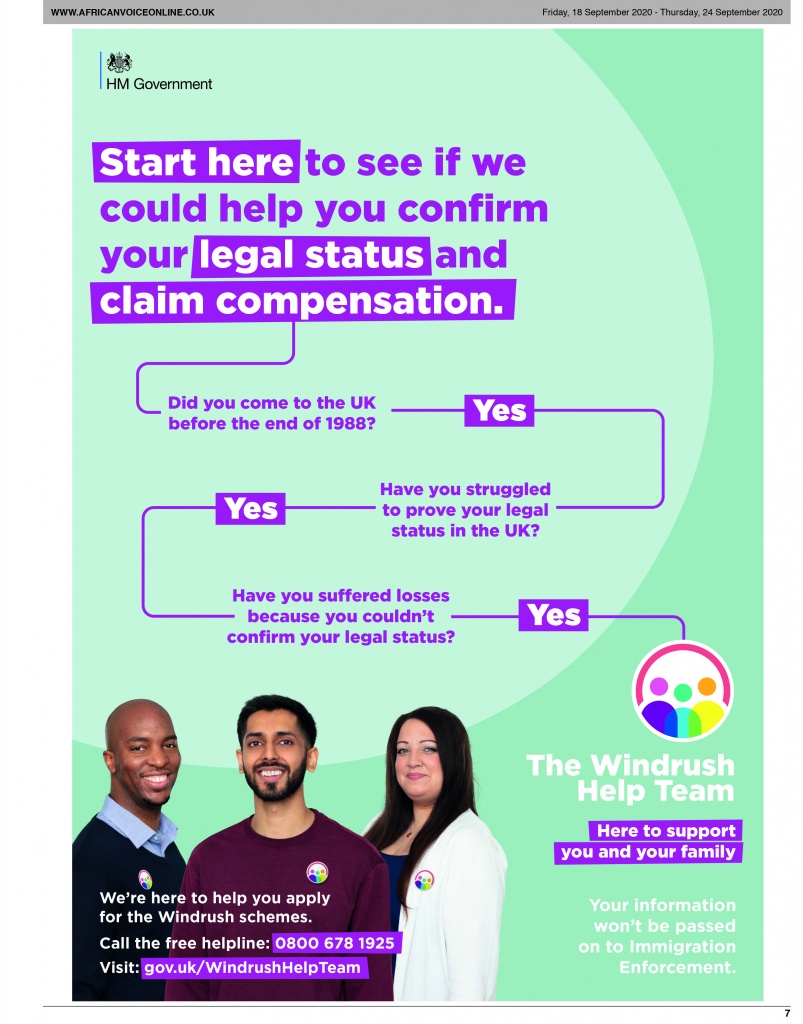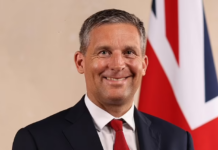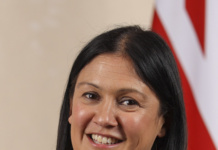
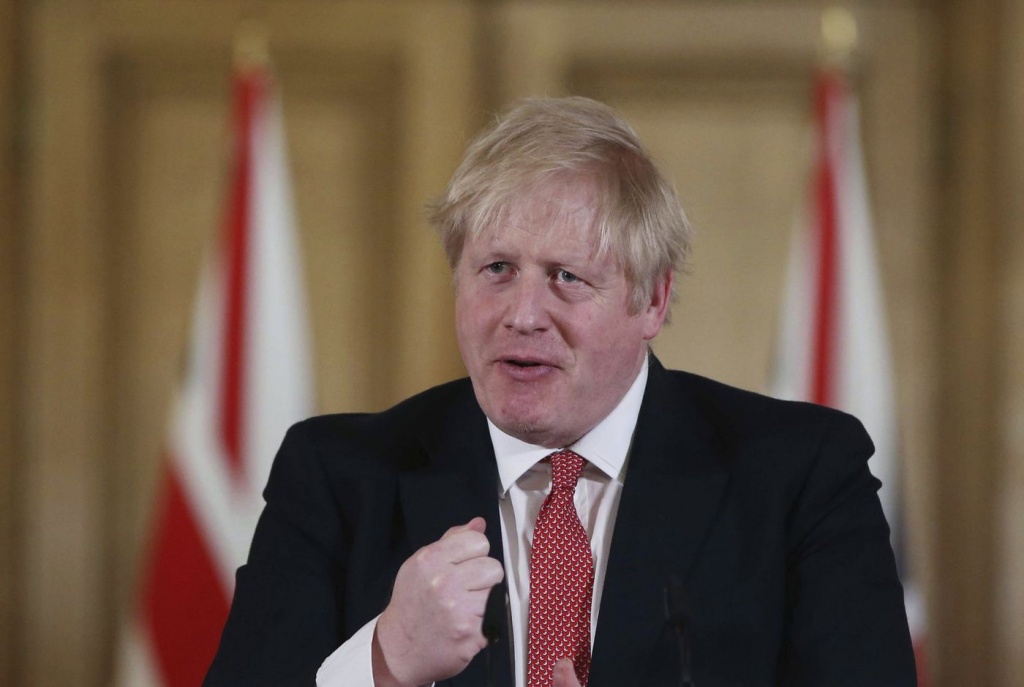
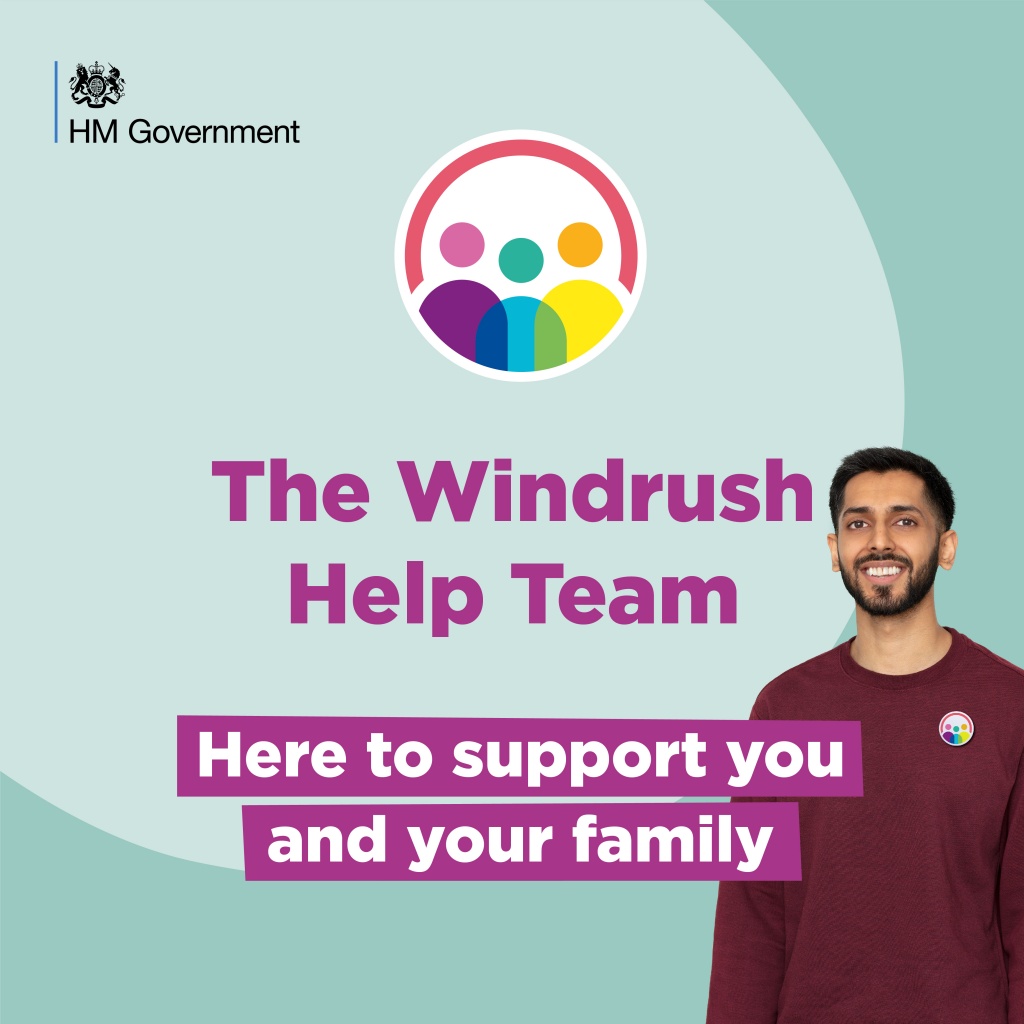
The Prime Minister Boris Johnson has on Saturday, 31 October 2020 announced tougher national restrictions in England from Thursday 5 November till 2nd December.
The Prime Minister, Chief Medical Officer, Chief Scientific Advisor, and Cabinet have all agreed there was no alternative to the tougher national measures. Especially, with the NHS weeks from being overwhelmed, and a higher death toll than the first wave predicted without new restrictions.
The Prime Minister will update Parliament on Monday, and MPs are set to vote on the measures on Wednesday. This follows a Cabinet chaired by the Prime Minister on Saturday 21 October 2020.
He said that no one wants to impose these kinds of measures, but no responsible Prime Minister could ignore the evidence presented.
He also said that, whilst Christmas will inevitably be different this year, tough action now could mean families may be able to be together.
Belgium, France, Germany and other countries have already put in place national restrictions, following earlier local measures.
From Thursday 5 November, everyone must stay at home, and may leave only for a limited set of reasons. These include:
- For education;
- For work, if you cannot work from home;
- For exercise and recreation outdoors, with your household, support bubble or on your own with one person from another household;
- For all medical reasons, appointments and to escape injury or harm;
- To shop for food and essentials;
- And to provide care for vulnerable people, or as a volunteer.
A full set of exemptions will be set out in law.
Single-adult households will still be able to form an exclusive support bubble with one other household, and children can move between homes if their parents are separated.
Non-essential shops, leisure and entertainment venues will be closed. Click and collect services can continue and essential shops, including supermarkets, will remain open, so there is no need for anyone to stockpile.
Pubs, bars, restaurants must close, except for takeaway and delivery services.
People should work from home wherever possible. Workplaces should stay open where people cannot work from home – for example, in the construction or manufacturing sectors.
Shielding as practised in the spring will not currently be reintroduced. The clinically vulnerable, or those over the age of 60, should be especially careful to follow the rules and minimise contacts with others. Those who are clinically extremely vulnerable should not only minimise their contacts with others, but also not go to work if they are unable to work from home.
There is no exemption for staying away from home on holiday. This means people cannot travel internationally or within the UK, unless for work, education or other legally permitted exemptions. Overnight stays away from primary residences will not be allowed, except for specific exceptions including for work.
Inbound international travel will continue to be governed by the travel corridor approach, and those currently on a domestic holiday will be allowed to finish their holidays, but are still subject to the requirements in England not to go out without a reasonable excuse.
Public services, such as job centres, courts, and civil registration offices will remain open.
There is no exemption for communal worship in places of worship (except funerals and individual prayer), organised team sports, or children’s activities.
Elite sport will be allowed to continue behind closed doors as currently.
The Coronavirus Job Retention Scheme, known as the furlough scheme, will remain open until December, with employees receiving 80% of their current salary for hours not worked, up to a maximum of £2,500. The cost for employers of retaining workers will be reduced compared to the current scheme, which ends today.
As the Prime Minister and Education Secretary have said, keeping young people in education is a national priority so early years settings, schools, colleges and universities will all remain open. Parents and carers should make sure their children keep attending school. However, universities and adult learning providers should consider increasing online provision where possible.
Parents will still be able to access registered childcare and other childcare activities where reasonably necessary to enable parents to work. Parents are also able to form a childcare bubble with another household for the purposes of informal childcare, where the child is 13 or under.
Ministers are also clear that it is vital to keep the provision for non-Covid healthcare needs going. Unless clinicians tell patients otherwise, they should continue to use the NHS, get scans and other tests, turn up for all appointments and collect medicines and treatments.
Ministers have done everything in their power to avoid another national lockdown.
The natural rate of R is around 3, meaning local restrictions have helped slow the spread of the virus, whilst NHS Test and Trace is testing more than any other country in Europe.
But the R rate is still above 1, meaning infections, hospitalisations and deaths continue to double, and the virus is now a national problem.
On present trends, in the South West, where incidence is low for example, it is clear they would run out of hospital capacity in a matter of weeks unless we act.
Whilst work is underway to boost capacity, including preparing the Nightingales, it is impossible to create extra bed space, and recruit extra doctors and nurses, at the rate necessary to outpace the virus.
Kindly follow us on twitter:@AfricanVoice2
